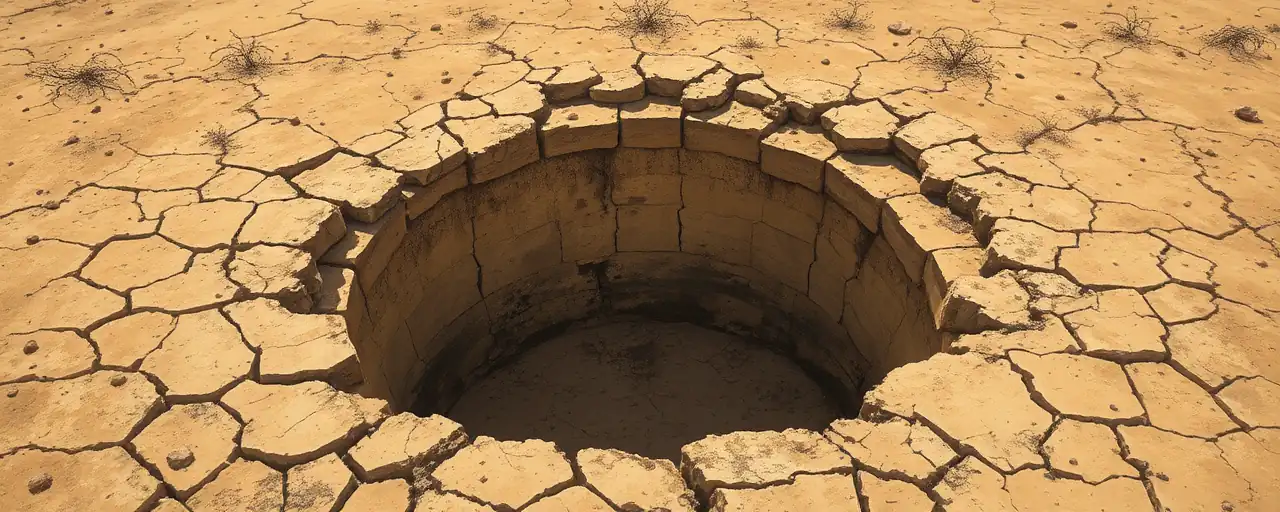A Legacy Under Siege
For decades, the United States Agency for International Development stood as a beacon of American compassion and strategic foresight, channeling aid to lift millions from poverty, combat disease, and foster democracy in corners of the world ravaged by conflict or neglect. Its independence allowed it to focus on long-term human progress, distinct from the State Department’s diplomatic chess games. Now, a senior State Department official has confirmed USAID’s absorption into the State Department, a move that dismantles a vital institution and signals a retreat from America’s role as a global force for good.
This restructuring, driven by the Trump administration, isn’t just bureaucratic reshuffling; it’s a deliberate pivot toward a narrower, more transactional vision of foreign policy. By folding USAID into the State Department, the administration prioritizes short-term geopolitical wins over the painstaking work of building stable, prosperous societies. The decision landed like a quiet earthquake, shaking the foundations of global development networks that relied on USAID’s expertise and agility.
The stakes couldn’t be higher. At a time when climate crises, migration, and authoritarianism demand robust, coordinated responses, gutting USAID risks ceding America’s moral and strategic ground to rivals like China, whose Belt and Road Initiative eagerly fills the void left by U.S. withdrawal. Advocates for global equity and human rights see this as a betrayal of values, a step backward from the principles that once defined America’s leadership.
What’s unfolding is not reform but erosion. The merger threatens to unravel decades of progress, leaving vulnerable populations and America’s own interests exposed. The question isn’t just what this means for aid delivery, but what it says about the kind of nation we aspire to be.
The Cost of Consolidation
The numbers tell a grim story. Approximately 83 percent of USAID’s programs have been canceled, with the remnants absorbed into State Department bureaus ill-equipped to handle their complexity. Payments to implementing partners, from local NGOs to international relief organizations, have been delayed or botched, sowing chaos in regions dependent on U.S. support. In Africa and Latin America, where USAID’s health and food security initiatives have been lifelines, the sudden disruption has forced groups like the World Food Programme to shutter offices and slash rations.
Historical precedent warns of the fallout. When countries like the United Kingdom and Canada merged their development agencies into foreign ministries, they saw declines in program efficiency and a shift away from long-term goals like poverty reduction. The U.S. risks repeating these mistakes, sacrificing USAID’s specialized expertise for a one-size-fits-all approach that bends aid to diplomatic whims. The State Department, already stretched thin, lacks the capacity to manage USAID’s intricate portfolio, from disaster relief to democratic governance.
The human toll is immediate. In places like Haiti or Yemen, where USAID’s rapid response has saved lives, the loss of technical know-how and field presence means slower, less effective aid. Contractors and grantees, many of whom dedicated careers to development, face job losses, while the cancellation of programs in education and health leaves communities stranded. This isn’t efficiency; it’s abandonment.
Supporters of the merger, including administration officials, argue it streamlines operations and aligns aid with U.S. interests. They claim redundancy between USAID and State created waste, and a unified structure will sharpen focus on countering adversaries like China. But this logic crumbles under scrutiny. USAID’s independence wasn’t a flaw; it was a strength, allowing it to operate beyond the ebb and flow of political tides. Centralizing control risks politicizing aid, turning it into a tool for short-term leverage rather than a catalyst for lasting change.
A Strategic Misstep
The broader implications are stark. U.S. foreign policy has long rested on three pillars: diplomacy, development, and defense. USAID’s work, from rebuilding post-war Europe through the Marshall Plan to fighting HIV/AIDS in sub-Saharan Africa, proved development’s role in advancing both humanitarian and strategic goals. By subsuming it into the State Department, the administration undermines this balance, tilting toward a diplomacy-first approach that favors quick deals over enduring partnerships.
The timing couldn’t be worse. China’s global influence grows through infrastructure projects and soft aid, exploiting gaps left by U.S. retrenchment. In Vietnam, where USAID once bolstered education and economic growth, program cuts have opened doors for Beijing to expand its reach. This isn’t just a loss for local communities; it’s a blow to America’s ability to shape global outcomes. When aid becomes a diplomatic bargaining chip, the U.S. loses its edge as a trusted partner.
Legal battles have emerged, with courts ordering the administration to honor existing aid commitments. Yet these are stopgaps against a broader shift. The Department of Government Efficiency, led by private-sector executives with little development experience, pushes a parallel agenda of slashing civil service roles and diversity initiatives, further eroding the expertise needed for effective aid. The result is a foreign policy apparatus that’s leaner but weaker, less capable of responding to crises or seizing opportunities.
Reclaiming America’s Role
The dismantling of USAID isn’t inevitable. Lawmakers, many wary of the merger’s long-term costs, hold the power to preserve its independence through congressional oversight. Advocates for global health, human rights, and sustainable development are rallying, urging a recommitment to the values that made USAID a global leader. Their voices remind us that aid isn’t charity; it’s an investment in a world where stability and prosperity benefit everyone, including Americans.
Restoring USAID’s autonomy won’t be easy, but it’s essential. It means rejecting the false choice between national interests and global good, recognizing that the two are intertwined. It means equipping the agency with the resources and authority to tackle 21st-century challenges, from climate change to democratic backsliding. Above all, it means reaffirming a vision of America that leads not just through power, but through purpose.
